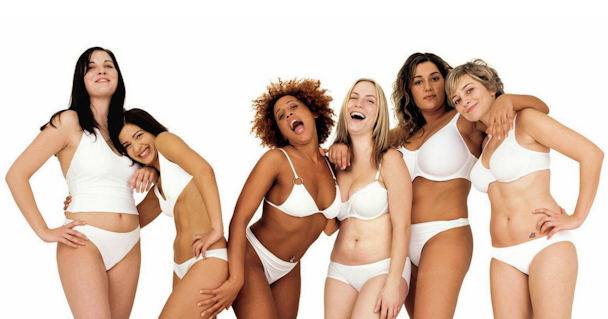How Unilever’s ‘unstereotype’ crusade is helping grow its brands
Unilever’s commitment to stop stereotyping women in in its adverts is beginning to pay off after the FMCG giant revealed those brands – including Knorr, Dove, Cif and Surf – that have begun to eradicate outdated portrayals of gender are already showing signs of growth.

How Unilever’s ‘unstereotype’ crusade is helping grow its brands
Launched at Cannes Lions this year, #unstereotype comes after Unilever carried out multiple studies around the world over the last two years to better understand how female identity has evolved. Analysis of over 1000 adverts exposed that 50 per cent had a stereotypical portrayal of women.
Speaking to The Drum, Aline Santos, executive vice president of global marketing for Unilever, said if all of its brands adopt the new strategy they will resonate on a deeper level with consumers, something it is also seeing through its Sustainable living brand portfolio, which launched in 2010.
“If we can do this it will be brilliant for Unilever because consumers are going to connect with our brands in a much stronger way. All the brands that have started [the Sustainable living programme] are growing 30 per cent faster than many of the other brands in our company. All the brands with strong purposes run 30 per cent ahead of the others, so it is a huge number and a significant difference. The way we are portraying advertising today and how we are using unstereotype is already paying off.”
However, it’s not just women in adverts that Unilever is applying the strategy to. For its men’s deodorant brand Axe, or Lynx in the UK, it made a u-turn on its “ridiculous” marketing strategy, which had historically told men that wearing Axe would help them to attract women. Now it is looking to widen its target consumer by positioning Axe as giving people the tools and inspiration they need to work on their original style.
The challenge now for Unilever in ensuring unstereotype is a success is twofold; battling “unconscious bias” with agency creatives as well the fact that in the past, delivering stereotypes in adverts has been “helpful” for brands who have a short amount of time to get their message across to consumers.
Eradicating both said Santos will come through being more creative in its approach to scripting and formatting Unilever’s adverts. “Unconscious bias is the biggest challenge that we have. When our agencies are thinking about our script, even though they have the theory and they buy in to it, sure enough the unconscious bias comes along, and out of the blue here you are with a script that is still regressive. The person doesn’t have a reason, they say ‘I didn’t think about that, it was so automatic’”.
Elsewhere, Unilever is betting big on ecommerce. In July it bought razor blade subscription service Dollar Shave Club for $1bn to leverage its direct-to-consumer brand-building capabilities, something that Unilever struggles with despite its prowess at traditional marketing. It is now hoping to create ecommerce streams across all of its brands, but given its behemoth portfolio fleshing out the how and when that will happen is as yet uncertain.
“[We want to apply the model to] all brands in the Unilever portfolio, that is something that we want to do as a company,” said Santos. “But this isn’t something that is going to happen overnight. We have been bold enough to say that is what we want to do, that is our commitment and if people want to judge us and say ‘oh you didn’t do it here’, then yes you are right we didn’t, but we have started something and it is very serious commitment.
“So in a couple of years’ time you may be seeing something different. We haven’t put a date for that and I don’t know when this is going to be all clear, but the commitment internally and with the partners that we have are 100 per cent”.
Last week, Unilever struck a deal to buy privately-held Seventh Generation, a US-based home and personal care products company, whose distribution network covers grocery, mass merchandise and e-commerce channels.

